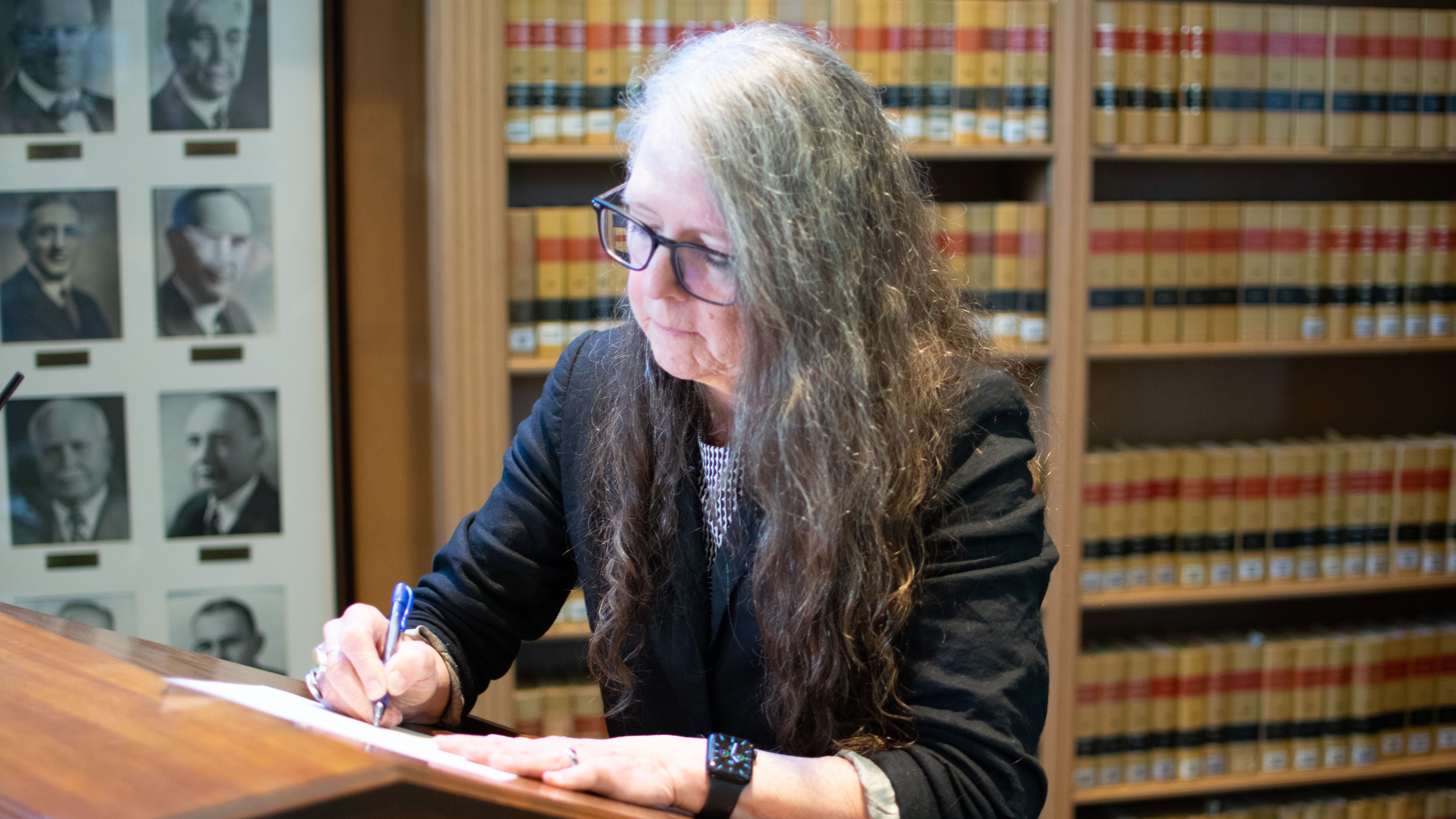Secretary of State LaVonne Griffin-Valade has directed her elections office to open an investigation into donation-swapping agreements made by nearly a dozen candidates running for city office.
The investigation is a result of WW obtaining and publishing emails that show at least 11 candidates running for City Council agreed in writing to make reciprocal contributions to one another in an effort to unlock public financing. Donations made under the agreement of reciprocity are likely a violation of Oregon Revised Statute 260.665, three campaign finance experts and lawyers told WW last week. That state law prohibits candidates and campaigns from soliciting donations by offering something of value in return, like money.
The Secretary of State’s Office, which oversees election laws, can elect to launch an investigation in the absence of a formal complaint. As of yesterday, the office had received no formal complaints related to the donation-swapping. It has also declined to say if donation-swapping agreements violate the law, saying it could only do so after completing an investigation.
Data provided by the city’s Small Donor Elections program, which provided $40,000 in matching taxpayer funds to City Council candidates that received donations from 250 individual donors by Aug. 27, shows that dozens of candidates swapped donations, though there is nothing to indicate that most of those donations were made under the explicit agreement of reciprocity. Over 970 such reciprocal donations occurred this election cycle.
Susan Mottet, director of Small Donor Elections, says she’s sifting through contributions submitted by candidates to ensure that none ineligible for matching funds (like a candidate-to-candidate donation made on the condition of reciprocity) were matched by the program. Most of the donations candidates received in August have not been sifted through by Mottet’s program for match eligibility.
“We are looking at which contributions appear to have been made in exchange for another contribution and are not matching them,” Mottet says.
Mottet declined to comment on the legality of reciprocal donations. “It is for [the Secretary of State’s Office] to interpret, apply and enforce.”
Communications between several candidates and the Secretary of State’s Office show that it declined to provide advice to candidates on reciprocal contribution agreements after they sought guidance earlier this week.
“Answering your second and third questions would require an investigation because you are asking about actions that have already occurred,” the office wrote to one candidate Sept. 9. “If an investigation is initiated, and you are a subject, you will receive a notification letter from our office informing you.”
The office similarly wrote to a political consultant: “I can’t speculate as to whether your clients did or did not engage in undue influence. That would be determined by the outcome of an investigation should a complaint be filed with our office.”

